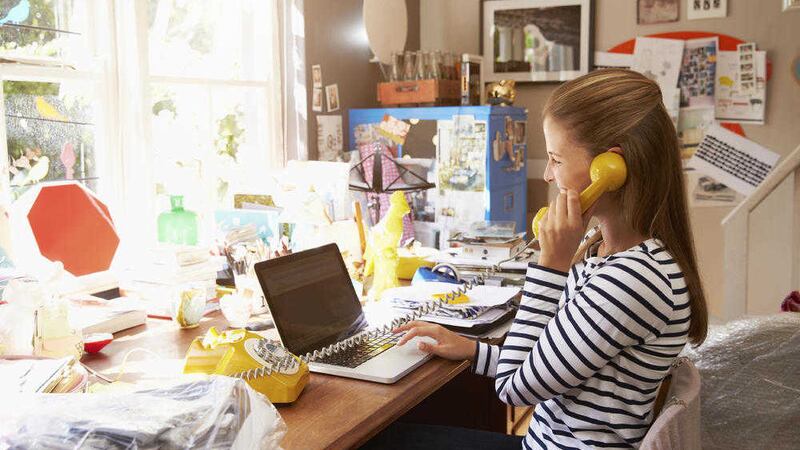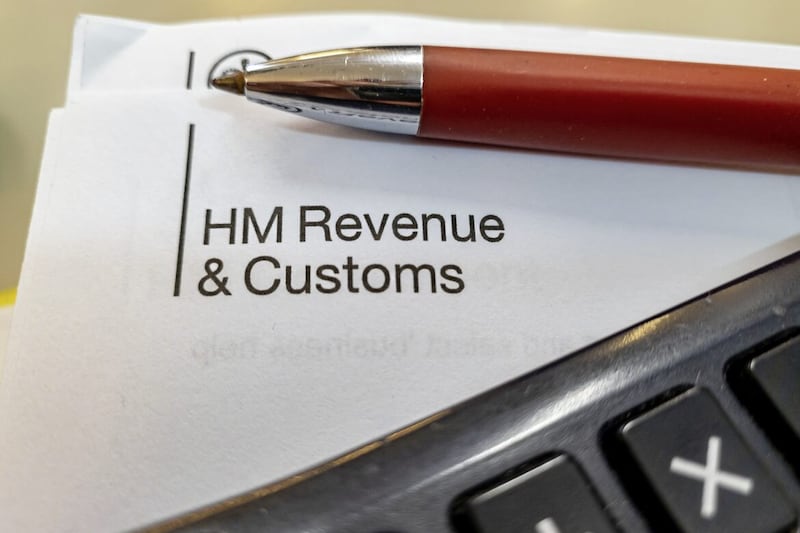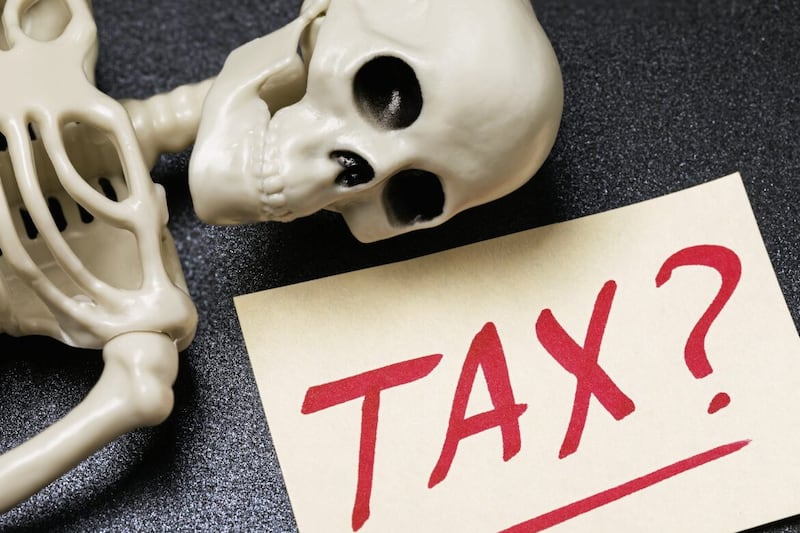QUESTION: I'm self-employed and operate my business from my home. Can you explain to me what “home expenses” I am able to claim as an expense against my business income?
ANSWER: Over the last 10 years technology has advanced massively. It was not so long ago that mobile phones were the size of a brick. Now emails and the internet can be accessed on the move. However, whilst technology has moved on, travelling has become more and more difficult. Homeworking has become the answer for many but how have the tax rules kept up with these changes?
The tax rules differ considerably depending on whether you are self-employed, as a sole trader or partner, or whether you are an employee, even if that is as an employee of your own company. One way or the other though, if you want to maximise the tax position, it is essential to keep good records. If not, HMRC may seek to rectify the tax position several years down the line. This can lead to unexpected bills including several years’ worth of tax, interest and penalties.
As self-employed you pay tax on the profits that the business makes. So, the critical issue is to ensure that costs incurred can be set against that profit. For day to day overheads, those costs generally have to be incurred ‘wholly and exclusively’ for the purposes of the trade to be tax deductible.
As you carry on some of your business from home, then some tax relief may be available. HMRC accept that even if the business is carried on elsewhere, a deduction for part of the household expenses is still acceptable provided that there are times when part of the home is used solely for business purposes. You should note that wholly and exclusively does not mean that business expenditure has to be separately billed or that part of the home must be permanently used for business purposes. However, it does mean that when part of the home is being used for the business then that is the sole use for that part at that time.
Generally, HMRC will accept a reasonable proportion of costs such as rates, mortgage interest, insurance, general repairs and rent, as well as cleaning and heat and light. Other allowable costs may include the cost of business calls on the home telephone and a proportion of the line rental, in addition to expenditure on internet connections to the extent that the connection is used for business purposes.
For self-employed businesses, the depreciation of assets is covered by a set of tax reliefs known as capital allowances. For equipment at home, such as a laptop, desk, chair, etc, capital allowances may be available on the business proportion (based on estimated business usage) of those assets. So, if you use your laptop solely for business, the whole cost will be within the capital allowances rules.
Another consequence of working from home is the potential impact on travel costs. The cost of travelling from home to the place of business or operations is generally disallowed, as it represents the personal choice of where to live. Of course, this principle presupposes that there is a business or operational ‘base’ elsewhere from which the trade is run. Normally, the cost of travel between the business base and other places where work is carried on will be an allowable expense, while the cost of travel between the taxpayer’s home and the business base will not be allowable.
However, where there are no separate business premises away from the home, travel costs to visit clients should be fully allowable. The crux of the matter is where the business is really run from.
And finally, capital gains tax contains a tax exemption for the sale of an individual’s private home, known as principal private residence relief (PPR). Where part of the dwelling is used exclusively for business purposes, PPR relief will not apply to the business proportion of the gain. However, HMRC make clear in their guidance that ‘occasional and very minor’ business use is ignored.
As you can see, all things are possible but the key is to be clear about the rules, keep good records and be sensible about how much to claim.
:: Paddy Harty (p.harty@pkffpm.com) is director at PKF-FPM Accountants (www.pkffpm.com). The advice in this column is specific to the facts surrounding the question posed. Neither The Irish News nor the contributors accept any liability for any direct or indirect loss arising from any reliance placed on replies.








